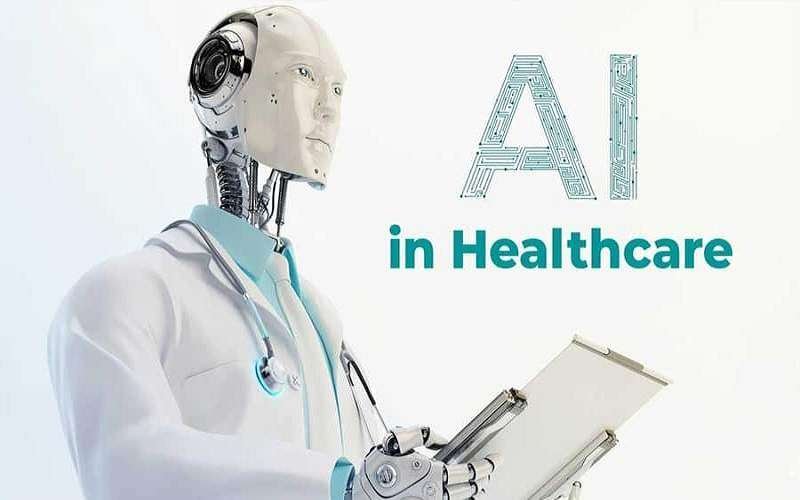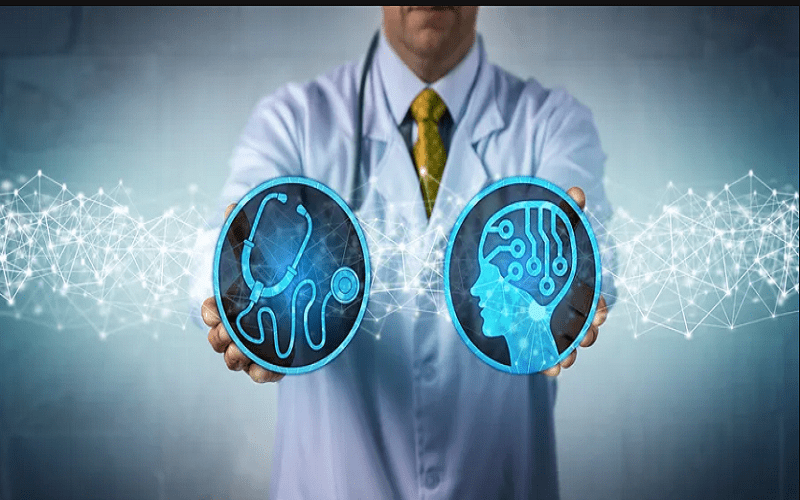
How AI is Transforming Healthcare
How AI is Transforming Healthcare: Current Applications and Future Potential
Artificial Intelligence (AI) is revolutionizing the healthcare industry, bringing forth unprecedented advancements and transforming the way medical professionals diagnose, treat, and manage patients.

In this post, we will explore the current applications of AI in healthcare and discuss its future potential in improving patient outcomes and revolutionizing the healthcare landscape.
Current Applications of AI in Healthcare
AI has already made significant strides in healthcare. One of its key applications is medical imaging analysis, where AI algorithms can interpret radiology scans and detect abnormalities with remarkable accuracy.
This helps radiologists make more precise diagnoses and detect conditions at early stages.

Additionally, AI-powered chatbots and virtual assistants are improving patient engagement and providing quick access to medical information.
These virtual assistants can answer basic medical questions, schedule appointments, and provide personalized health recommendations, saving time for both patients and healthcare providers.
Another area where AI is making a difference is in drug discovery and development. By analyzing vast amounts of biomedical data, AI algorithms can identify potential drug candidates, significantly accelerating the research and development process.
Future Potential of AI in Healthcare
The future of AI in healthcare holds immense promise. With advancements in machine learning and predictive analytics, AI can enable early disease detection and intervention.
By analyzing patient data, including electronic health records and genetic information, AI algorithms can identify patterns and risk factors that humans might miss, leading to early interventions and improved outcomes.
Furthermore, AI-powered wearable devices can continuously monitor vital signs and alert medical professionals of any anomalies.

This proactive approach can help prevent emergencies and enable remote patient monitoring, especially for individuals with chronic conditions.
AI also has the potential to enhance precision medicine. By analyzing genetic and molecular data, AI algorithms can identify the most effective treatment options for individual patients, leading to personalized and targeted therapies.
Moreover, AI can assist in clinical decision support, providing physicians with evidence-based recommendations and treatment guidelines based on a patient’s unique characteristics and medical history. This can reduce errors, improve diagnoses, and optimize treatment plans.
Conclusion
Artificial Intelligence is revolutionizing healthcare by transforming current practices and offering exciting future potential.
From improving medical imaging analysis to enabling early disease detection and personalized medicine, AI has the power to enhance patient outcomes, streamline processes, and revolutionize the healthcare landscape.





Post Comment